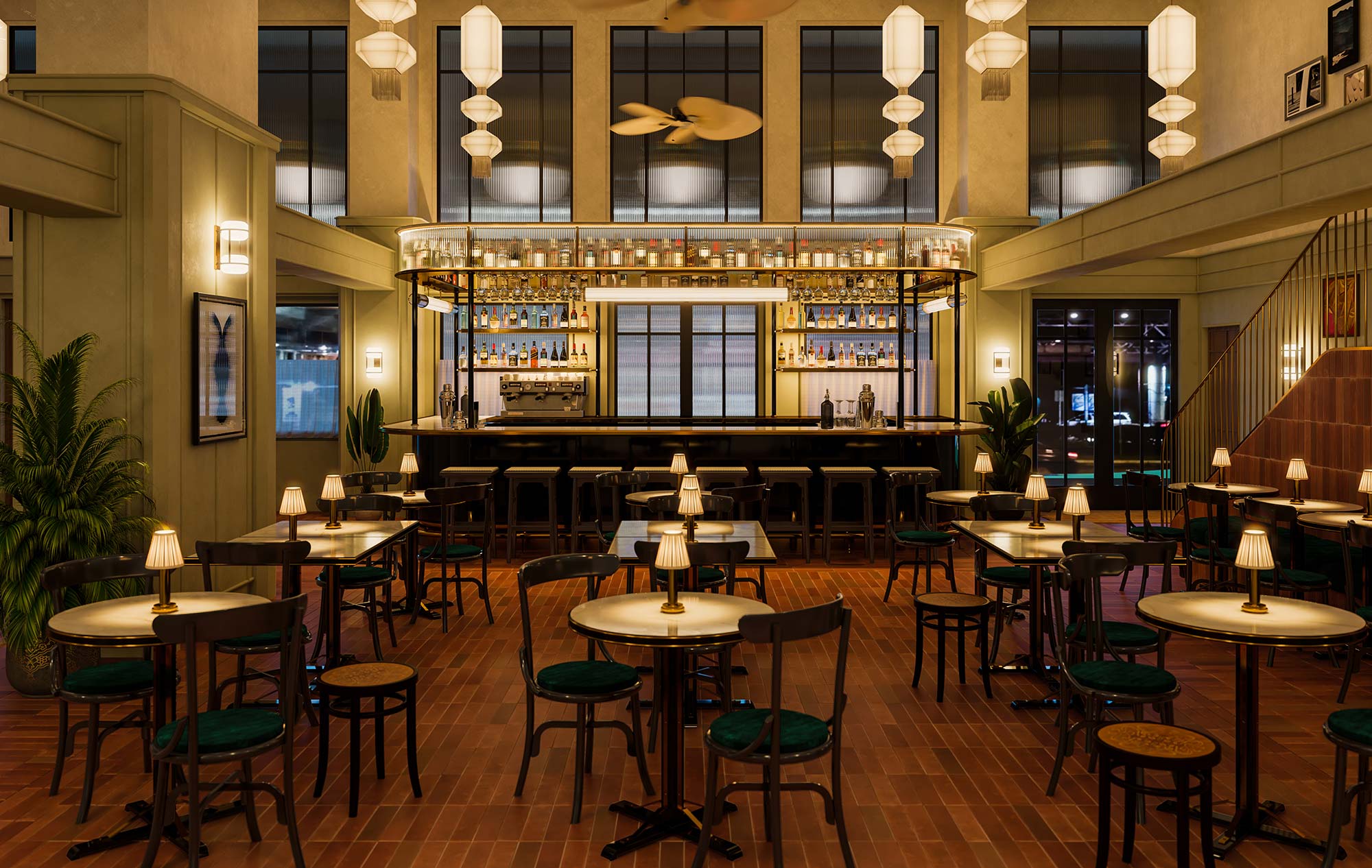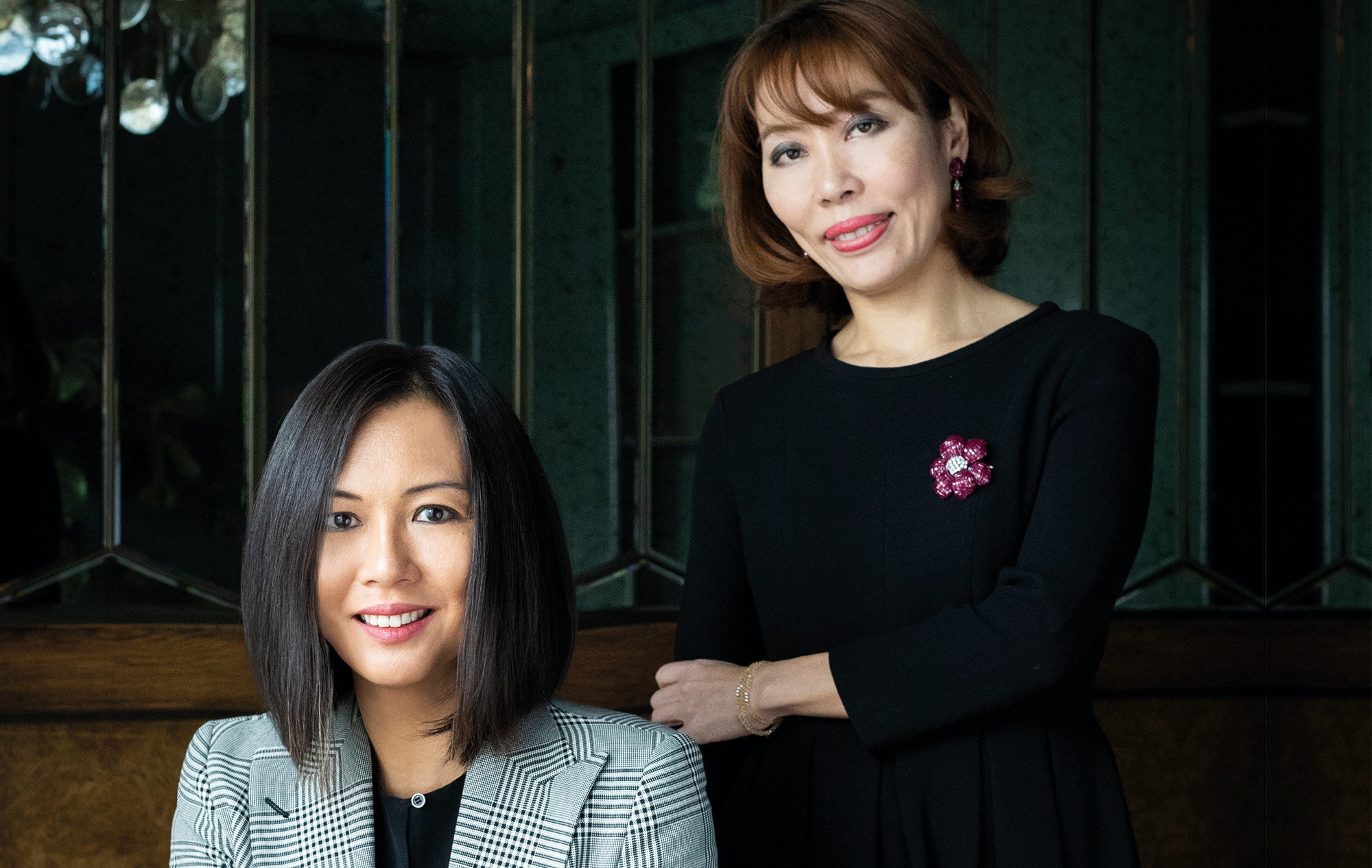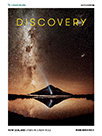Kuala Lumpur boasts huge success stories in its tech realm, among them Grab, the taxi hailing startup turned transport unicorn (denoting a tech firm valued over US$1 billion); 123RF, the fourth-largest stock photography collection in the world; and iFlix, Southeast Asia’s version of Netflix. Supported by government initiatives and a growing number of venture capitalists, co-working spaces and incubator programmes, the city is poised for more headliners.
A handful of government agencies supporting entrepreneurship and innovation have had a huge impact on the startup scene in Kuala Lumpur. Then there is the Multimedia Super Corridor, a special economic zone for high-tech businesses covering five government-designated cybercities including Kuala Lumpur City Centre and Kuala Lumpur Tower. A third, Cyberjaya, a 2800-hectare tech park, is home to more than 800 tech companies and 100,000 people, and is just a 30-minute drive from Kuala Lumpur.
‘The government has put together a wonderful support system for early stage companies with a good IP infrastructure as well as accessible seed funding and facilitation,’ says Rofina Yasmin Othman, director of the University Malaya Centre for Innovation & Commercialisation. ‘The recently announced ease of registering new enterprises under the Companies Act provides more incentives for new startups.’
Iskandar Md Sah is founder of Jetpack Internet, a co-working space. He calls Kuala Lumpur ‘a bubbling economic hotpot that has a ready pool of expats, digital nomads, independent professionals and SME companies looking for a base that does not break the bank’.
Indeed, the city is a cheaper place to live and hire than many of Asia’s emerging tech hubs. Entrepreneurs describe it as an ideal middle ground between established metropolises like Hong Kong and Singapore and energetic developing megacities like Jakarta and Bangkok. Meanwhile, its diversity helps when it comes to testing products among different cultural groups before hitting markets like China and India.
Bikesh Lakhmichand, chief executive at the accelerator 1337 Ventures, says there is now a maturity to the scene. ‘We’re seeing a whole lot of experienced founders such as ex-Googlers or ex-management consultants with a chunk of domain expertise under their belts quitting their jobs and running startups to solve pain points they are aware of.’

The person: Joel Neoh
Young, ambitious and living the tech dream
Malaysians might know 33-year-old Joel Neoh from a reality TV show. Ten years ago, he won Malaysia’s version of The Apprentice. And since then he’s consistently backed up this win with real-world results.
Talk to startup founders in the city and Neoh’s latest venture will be mentioned. Fave Group, formerly KFit, started out by replicating the Classpass model from the US: for a fixed monthly fee, subscribers could attend unlimited fitness classes. Within a year the company raised over US$15 million, winning the backing of investors Sequoia Capital and 500 Startups, among others.
Crucially, Fave acquired Groupon’s Malaysian and Indonesian operations late last year, bringing into the fold a business that Neoh knows well – he was formerly chief executive of Groupon Malaysia and head of Groupon Asia Pacific, overseeing thousands of employees across 12 countries. The Fave app, widely downloaded in Malaysia, can now also be used in Singapore and Indonesia. In addition to fitness packages, it offers deals for spa and beauty services, as well as plenty of restaurant discounts.
‘It was natural for me to launch my company from Kuala Lumpur and expand to the rest of Southeast Asia,’ says Neoh. ‘Today our headquarters is in Kuala Lumpur but we also have offices in Singapore, Indonesia, Philippines and Hong Kong. I’m proud to say that today the Fave app is the number one food and beverage category app on the App Store in Malaysia and it is completely developed out of our office in my home city.’
Neoh says passion is key to business success, because it will take you through the tough days. But another important factor is people. ‘Having a strong team that is equally as passionate about the problem you are trying to solve is crucial. Always surround yourself with people smarter than yourself. If you’re the smartest in the room, you’re in the wrong room.’ myfave.com

The product: GrabTaxi
Southeast Asia’s ride-hailing app
In 2011, two Harvard Business School classmates formulated a plan to solve a problem on the other side of the world.
Anthony Tan and Tan Hooi Ling knew how hard it was to call a taxi in Kuala Lumpur – with potentially unfair pricing – and decided to create a company to improve the situation for customers and drivers alike. Their taxi-hailing app, then called MyTeksi and now GrabTaxi, is one of Southeast Asia’s biggest success stories and a rare unicorn.
The Grab app, used in more than 35 cities in six countries, has a fleet of more than 710,000 drivers. To get here, the biggest task for the co-founders was persuading the city’s taxi drivers to start using the platform. It was problematic considering many didn’t own smartphones. The team initially managed to bring 40 drivers on board to test the app.
In June 2012, the app hit the market and is reported to have received 11,000 bookings on its first day. The team continued to woo drivers, often approaching them personally. The company also offers incentives that differ based on the city, including the likes of free smartphones or cash rewards. Soon came GrabCar, as well as GrabBike, a motorbike taxi service that thrives especially in Indonesia and Vietnam.
The team continues to innovate. Its offerings now include GrabShare, an on-demand carpooling service that launched in Singapore in December; an in-app payment solution called GrabPay; the GrabRewards loyalty scheme, which offers points redeemable with partner enterprises or for free rides; and the latest launch, JustGrab, which combines GrabTaxi and GrabCar, so users can hail whichever service has a closer vehicle. grab.com
What to watch
Best for baby
Applecrumby and Fish is an online store selling premium baby products, including its own label, which the company hopes to turn into a household name in Southeast Asia in the coming year.
Food’s here
Food delivery service Dah Makan closed a US$1.3 million seed round in February and plans to launch in Jakarta and Bangkok. Says co-founder Jessica Li: ‘We’ve been growing aggressively since launching in early 2015 and just last year we celebrated delivering our 200,000th meal.’
Money matters
Financial comparison website iMoney provides consumers with information on different credit cards, broadband services and loans. A year after its launch, the venture brought more than US$1 billion in business to banks and insurance companies.














